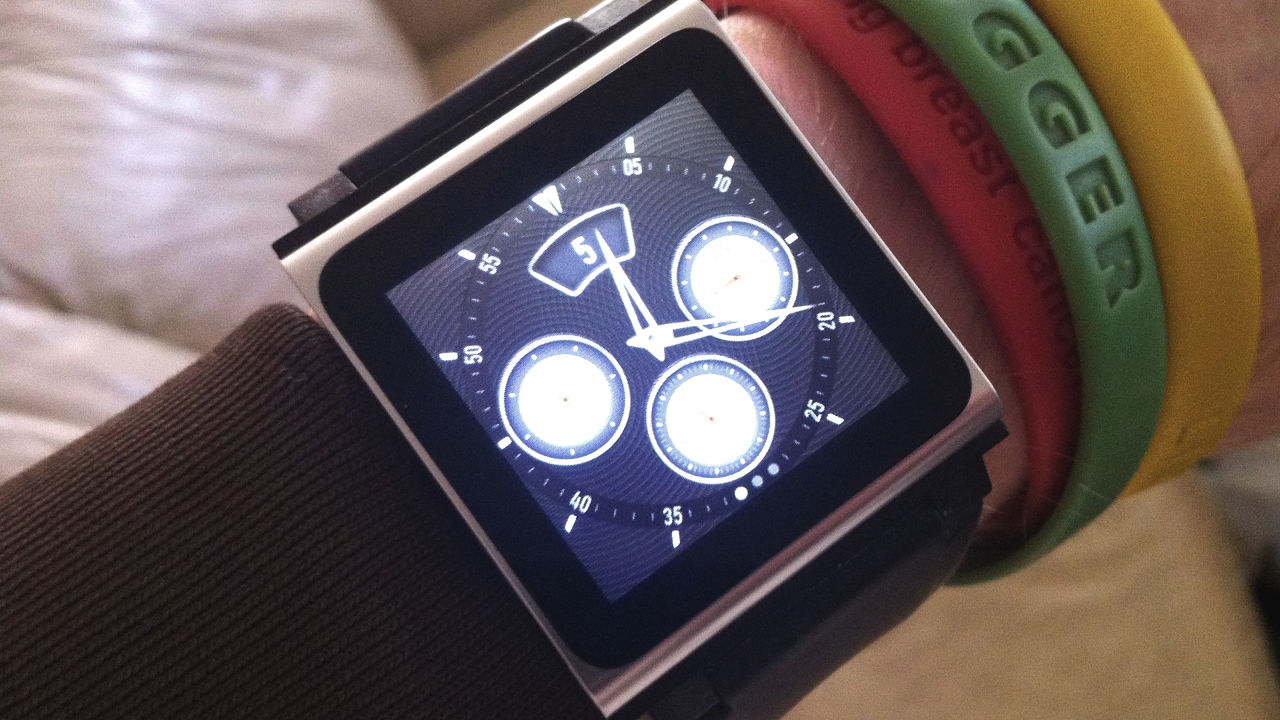http://www.getquant.com/
Not taking sign-ups yet, but looks interesting…
Analyze all your quantified self data in one place.
Plug in any self-tracking data source for beautiful graphs of your body, brain, and behaviour.
Free as in speech
Quant is an open source project.
Our codebase is MIT licensed and publicly available for download. You’re free to host your own version, make modifications, and contribute back to the community.
Automatic or manual
Track personal data from virtually any QS data source. From Fitbit, to Jawbone, Foursquare, and Withings, we’ve built API integrations for everything. Plus, you’ll be able to enter your own data manually if you’d prefer.
Lies, damned lies, and stats
Quant helps you navigate all of the data you’ve collected by allowing you to slice, rearrange, and order by source, date series, weighted averages, and more. The quantified self movement is about more than just making bar charts, after all.
Originally found at:
http://www.fastcolabs.com/3026076/could-an-apple-iwatch-bring-the-open-source-movement-mainstream
 Could An Apple iWatch Bring The Open Source Movement Mainstream?
Could An Apple iWatch Bring The Open Source Movement Mainstream?
With a rumored focus on quantified health metrics, Apple’s new gadget could prompt people to care more about their data.
Companies like Quant should hope so. Quant is an open source library that makes it easy to export data from all the different activity tracking devices. The hope is that peoples’ fear of misappropriation will get them to value their data more than they currently do, pressuring device makers to build products that are more accessible.
“The single biggest challenge is inconsistently structured data from each of the providers,” says Joshua Kelly, Quant’s lead developer. “Everyone has implemented a slightly different format for each kind of data. Meshing these together can prove challenging.”
What happens when consumers are generating their hyper-personal data? Who owns it? What happens to the data if the device company gets into financial trouble, shuts down, or just decides to try and sell it? Even the current crop of rather harmless activity trackers have raised privacy concerns. Mother Jonesrecently dug into the different privacy policies of some of the major players in the space such as Fitbit and Nike with somewhat troubling findings, and the Federal Trade Commission is holding a conference on the matter in May 2014.
“Do I sleep better after eating fewer carbs? How does running impact my mood versus lifting weights? I worry that we won’t even be able to ask these types of questions at all if the trend of closed APIs picks up.”
The concern here is the aggregate impact if Apple does switch on health tracking features. In the recent holiday quarter, Apple sold more than 50 million iPhones and there are hundreds of millions of iOS devices already in the wild. If that many people started tracking their daily activity with a sensor-equipped iWatch and the rumored Healthbook app for iOS, the impact on health care in general would be colossal.
“Apple would be an incredible boon to the space if they can provide a hardware platform for others to build on,” says Kelly. “I think everyone is still trying to figure out what the killer device or app will be, and if history is a guide, Apple could definitely be the one to do it.”